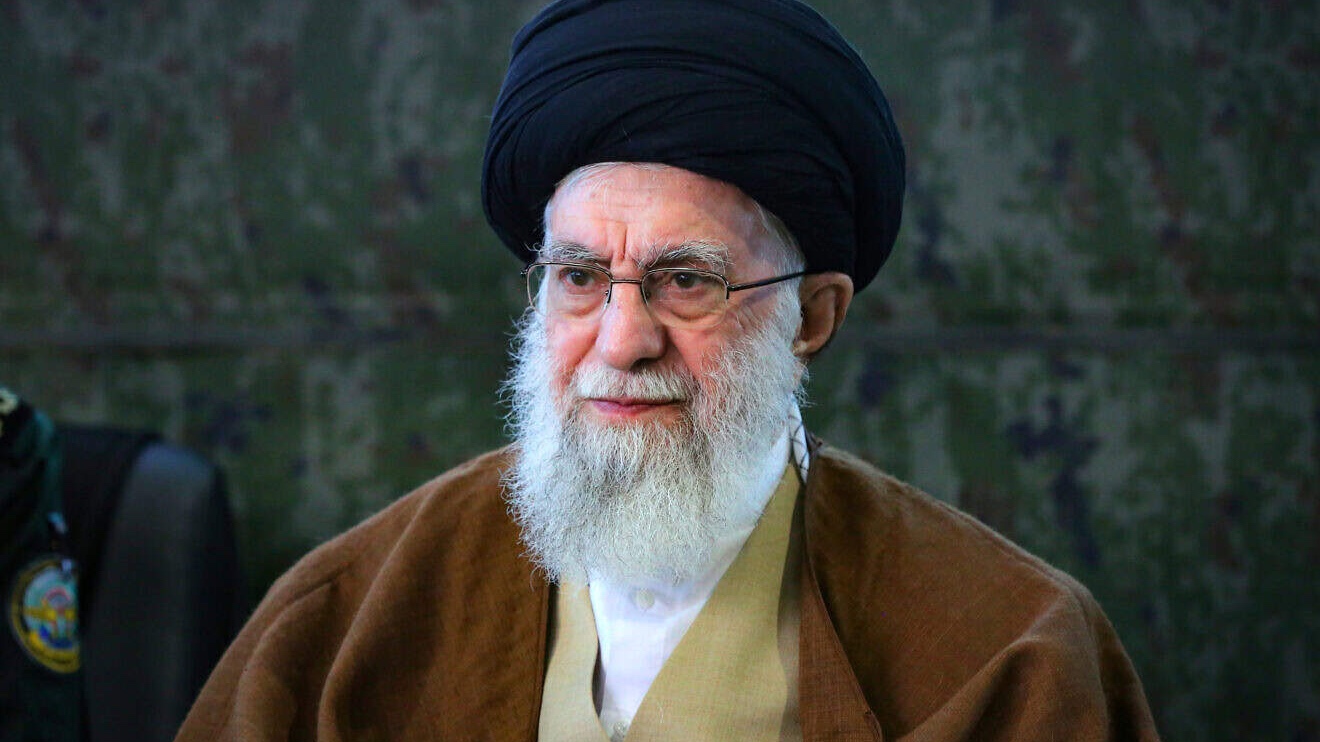The B-5 visa, launched on May 1, 2019, allows US citizens to invest in an Israeli business and reside in Israel while managing it.
The visa was first proposed during the Obama administration, in 2012. It was initially approved by the Israeli legislature in 2014, but ran into delays as certain political factions objected to its innovative contents.
The B-5 visa presents a unique development in Israeli immigration policy. This is the first entry permit which allows US citizens who are neither Jewish nor related to a Jewish / Israeli person by blood or by marriage, to obtain permanent legal status in the Holy Land.
The investor, foreign managers or skilled employees, and their family members (spouses and minor children) can reside in Israel indefinitely while the business enterprise is extant. The investor will be required to demonstrate that any foreign worker brought to Israel are US citizens whose presence is necessary for the business to thrive and expand.
Unfortunately, unlike many investment visas in developed countries, the B-5 visa does not include a path to citizenship or permanent resident status in Israel. The investor and any accompanying employees and family members can reside in Israel only while managing the business enterprise.
No amount of investment is formally set, but rather each investment plan will be judged based on its individual merits.
The required business investment would have to be accepted as “significant” by a representative of the Israel Ministry of Economy and Industry. Investors will need to purchase at least 50% of an Israeli business enterprise that is either currently active, or is soon to be active, contributing to the Israeli economy, and employing Israeli citizens.
Every visa application will be reviewed by a special commission, evaluating whether the investment will benefit Israel. The investor must also demonstrate to Ministry of Interior officials that all foreign managers / workers have skills and expertise that are hard to find among the Israeli citizenry.
At present, the vast majority of non-Jewish visitors to Israel, including foreign workers and descendants of Righteous Among the Nations, have their visa duration capped at five years and three months. Any additional stay in Israel generally involves conversion to Judaism, starting a relationship with an Israeli citizen, or making appeal to the Humanitarian Committee, citing special circumstances which require the foreign citizen to stay in Israel.
Furthermore, any foreign workers, refuge-seekers or other foreign citizens who stayed in Israel with a non-tourist visa may find the Ministry of Interior refuses to allow their re-entry into Israel in the future; for fear that they might seek to illegally settle in Israel.
Lovers of Israel who visit the Holy Land too frequently, even having obtained an entry visa for each entry and having never overstayed its duration, may find themselves under suspicion as well, even to the point of being refused entry into Israel. In particular, Christians or Messianic Jews may find themselves under suspicion of traveling to Israel in order to engage in missionary activity and deported.
The B-5 visa incorporates a multi-entry visa, allowing the investor, as well as foreign employees and accompanying family members, unlimited re-entries into Israel during the visa’s duration.
The new investment visa opportunity allows American friends of Israel to directly support the Israeli economy and obtain the opportunity to live in the Holy Land. With the precedent established, it is possible that citizens of other first world countries will have the same opportunity in the future.
This article was researched and written with the aid of Sasha Kishko, head of content and translations department at Cohen, Decker, Pex, Brosh law offices.











